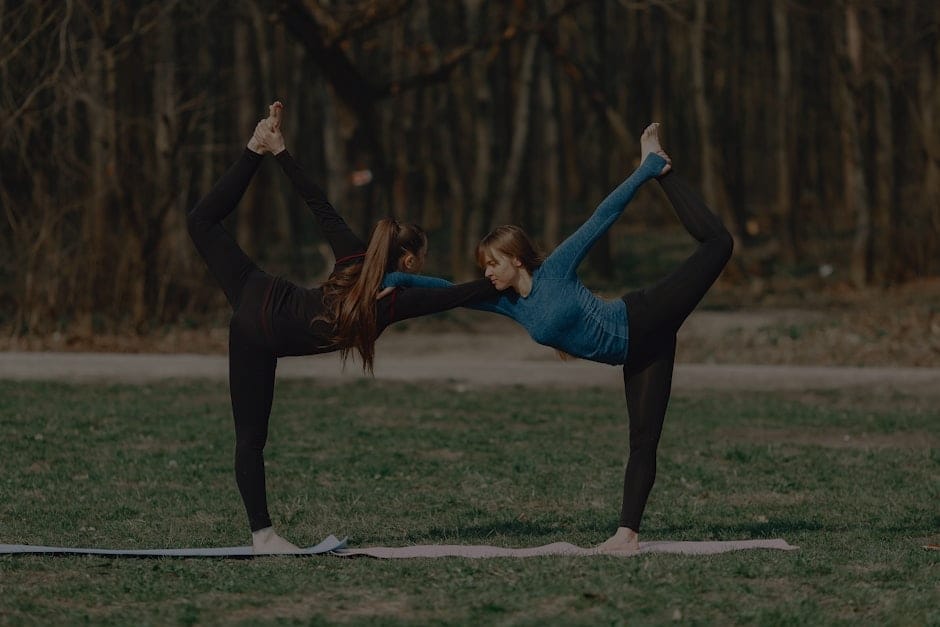**Abstract:**
Transform your meditation practice by integrating essential feng shui elements into your space. Discover how to create a peaceful environment that fosters tranquility and mindfulness.
Understanding Feng Shui in Meditation
Feng shui, the ancient Chinese practice of harmonizing energy, is pivotal in creating a serene meditation space. By understanding the principles of feng shui, you can enhance your practice and cultivate a peaceful atmosphere. The arrangement of your environment significantly influences your emotional and mental state, making it essential to create a space that invites calm and clarity.
Choosing the Right Location
The first step in elevating your meditation space is selecting the right location. Ideally, choose a quiet corner of your home that is free from distractions and noise. Natural light is a crucial element; it not only brightens the space but also uplifts your mood. Position your meditation area away from clutter and chaos to allow for a more focused practice. This intentional placement aligns with feng shui principles, promoting a sense of peace and stability.
Incorporating Natural Elements
Integrating natural elements into your meditation space can significantly enhance its energy. Consider adding plants, which symbolize growth and vitality, or water features that promote tranquility. Crystals are another excellent addition; they can help balance energy and amplify your intentions. For instance, amethyst is known for its calming properties, making it perfect for meditation. The presence of these elements not only beautifies your space but also aligns with feng shui principles, creating a harmonious environment.
Color Psychology in Your Space
Color plays a vital role in feng shui and can dramatically affect your meditation experience. Soft, calming colors like blues and greens can create a serene atmosphere, while warm hues like yellows and oranges can promote energy and optimism. When choosing colors for your meditation area, consider what emotions you wish to evoke during your practice. This thoughtful selection can help in achieving a tranquil state of mind, enhancing your overall meditation experience.
Decluttering for Clarity
A cluttered space can lead to a cluttered mind. Decluttering is essential in feng shui, as it allows for the free flow of energy, or “chi.” Remove items that do not serve a purpose in your meditation practice or that evoke negative emotions. This process not only clears your physical space but also your mental space, enabling deeper focus during meditation. A clean, organized area fosters a sense of peace, allowing you to connect more profoundly with your practice.
Creating a Sacred Space
To elevate your meditation experience, consider creating a sacred space that feels uniquely yours. This could involve setting up an altar with meaningful items, such as photos, candles, or spiritual symbols that resonate with you. The act of personalizing your space imbues it with your energy and intention, making it a powerful environment for meditation. This sacred space serves as a reminder of your commitment to mindfulness and self-care.
Lighting for Ambiance
Lighting is a crucial element in setting the mood for your meditation practice. Soft, ambient lighting can create a calming atmosphere, while natural light can invigorate your spirit. Consider using candles or salt lamps to provide warm, gentle illumination that enhances relaxation. The right lighting can significantly impact your emotional state, making it an essential aspect of your feng shui meditation space.
Conclusion: Cultivating Peace Through Feng Shui
Elevating your meditation space through essential feng shui elements can profoundly impact your practice. By thoughtfully considering location, natural elements, color, decluttering, personalization, and lighting, you can create a sanctuary that fosters tranquility and mindfulness. Embrace these principles to transform your meditation experience, allowing for deeper connection and inner peace. As you cultivate this serene environment, you will find that your practice becomes more fulfilling and enriching, leading to a more balanced and harmonious life.










